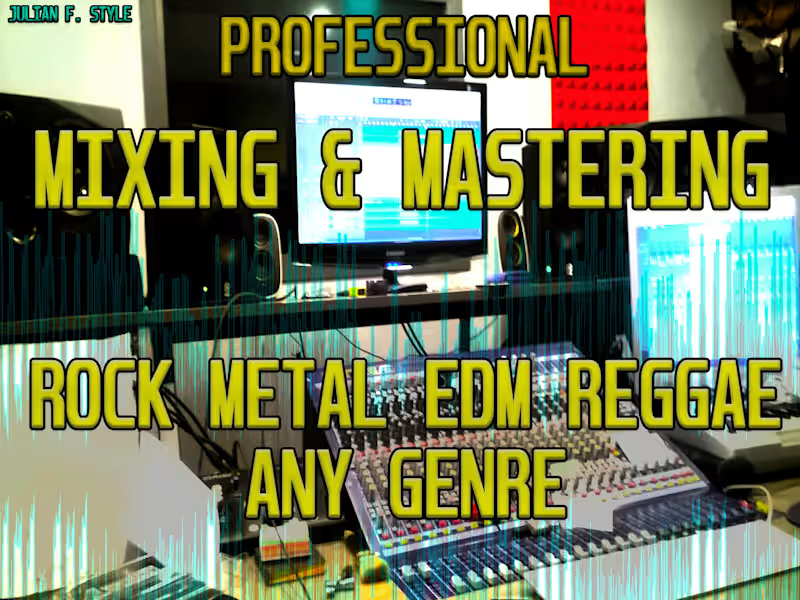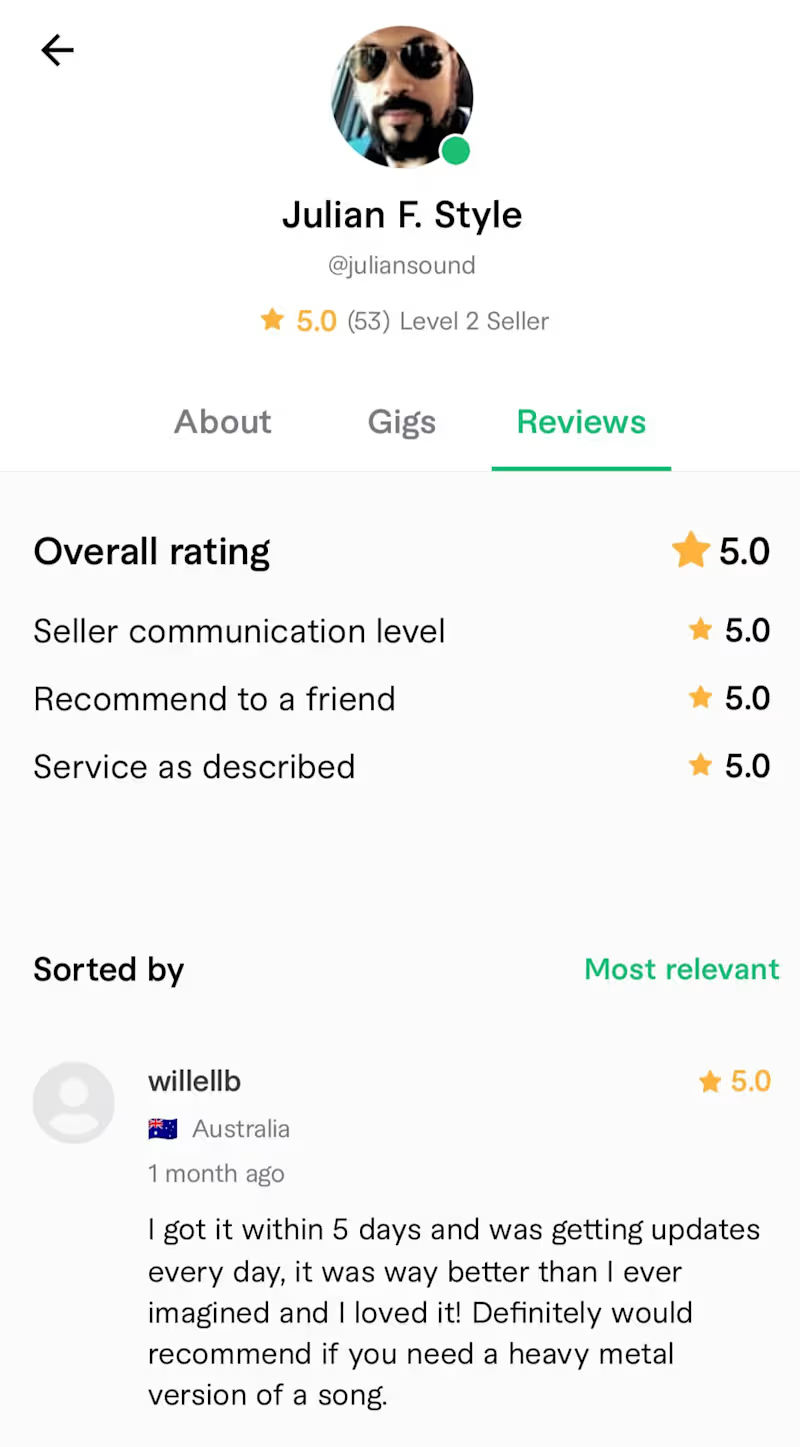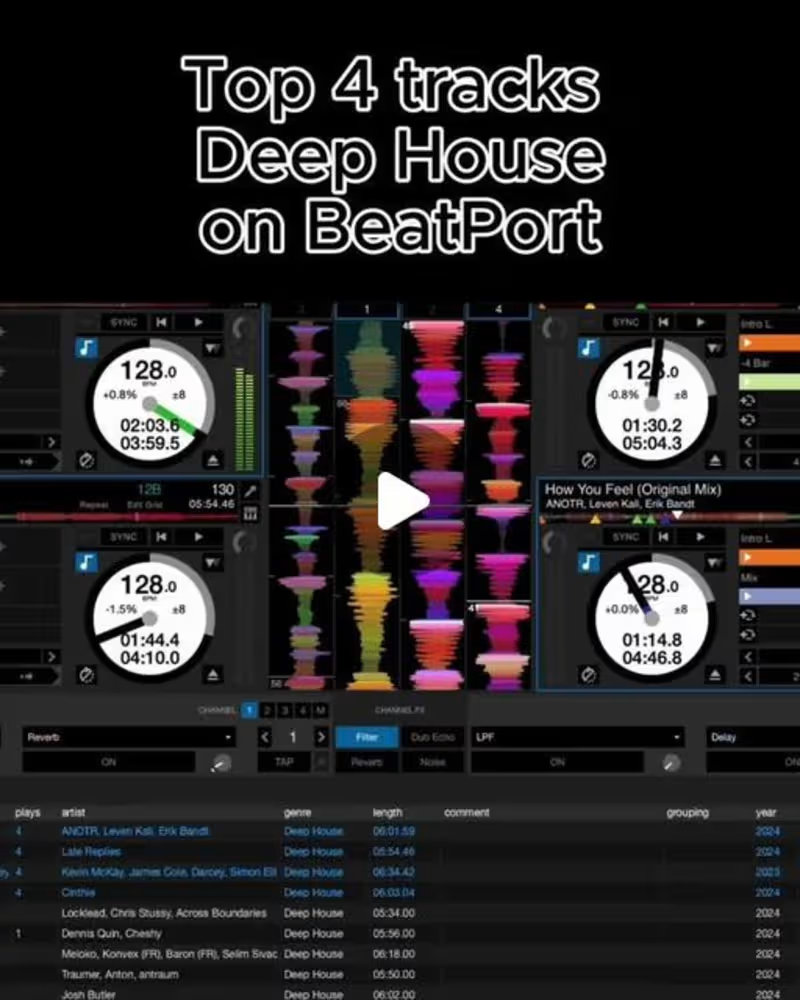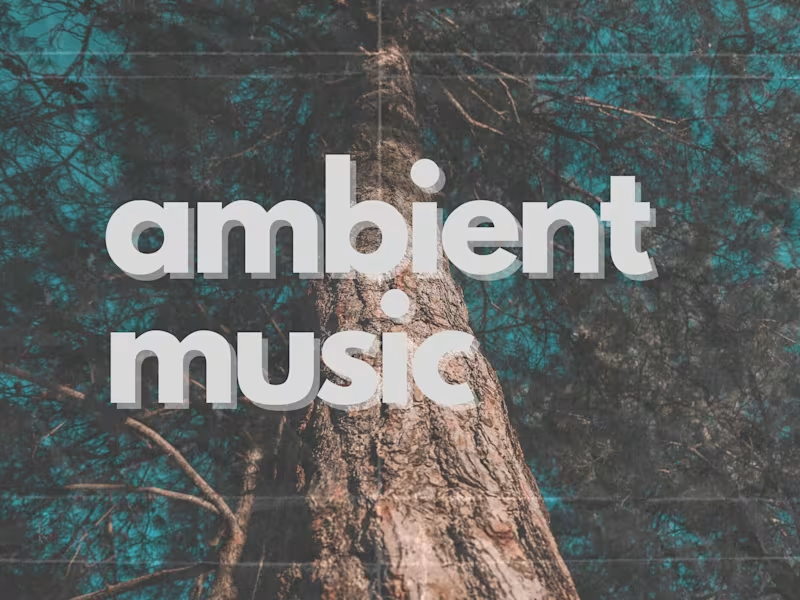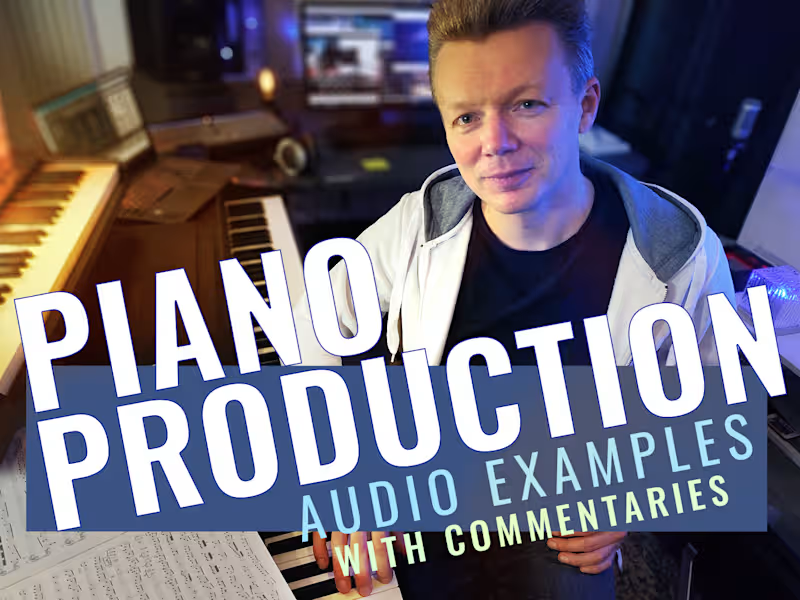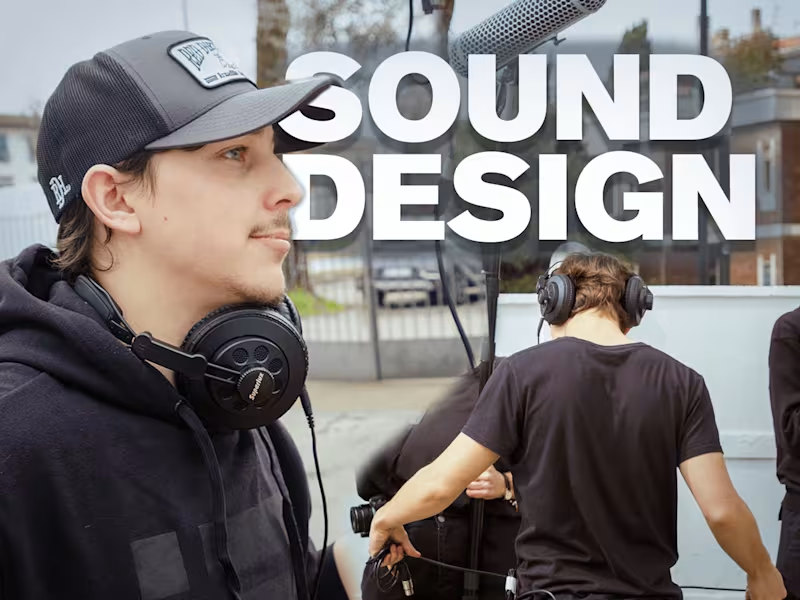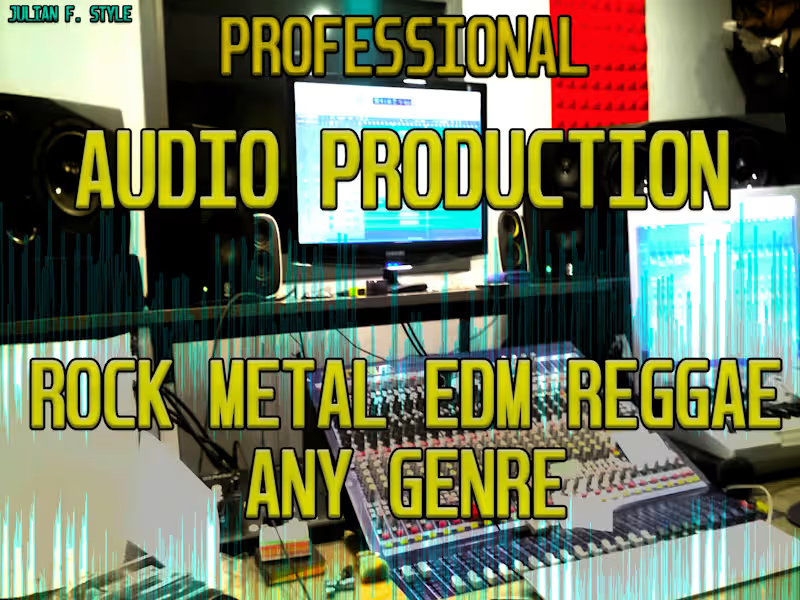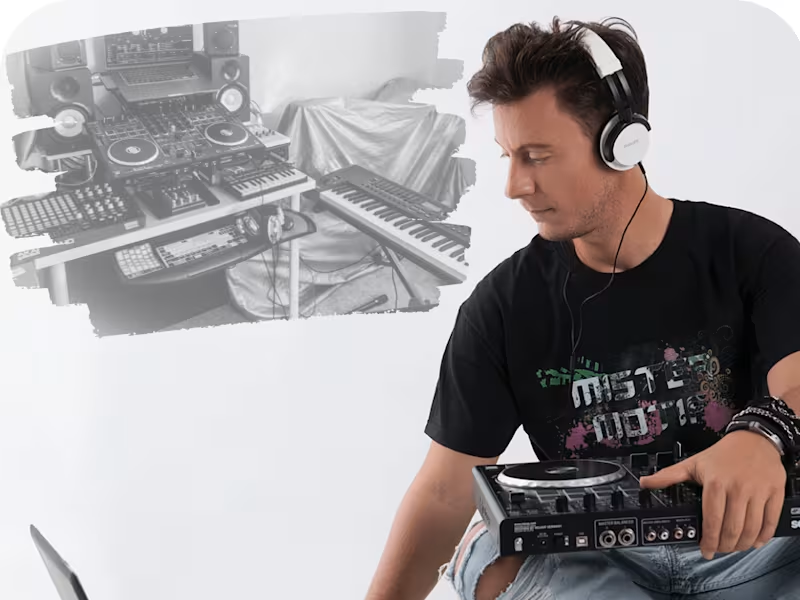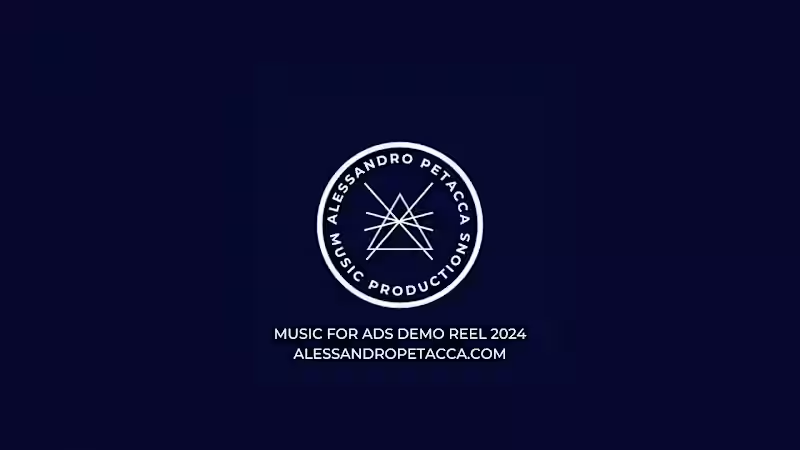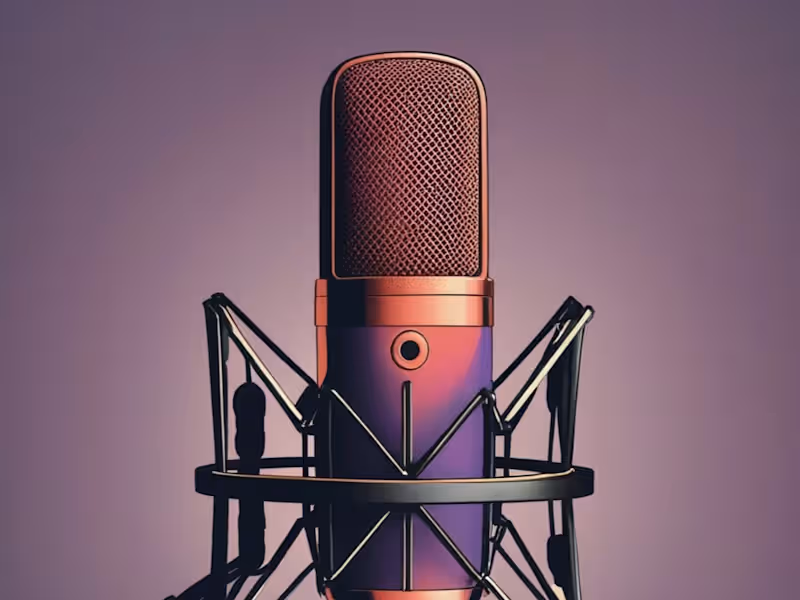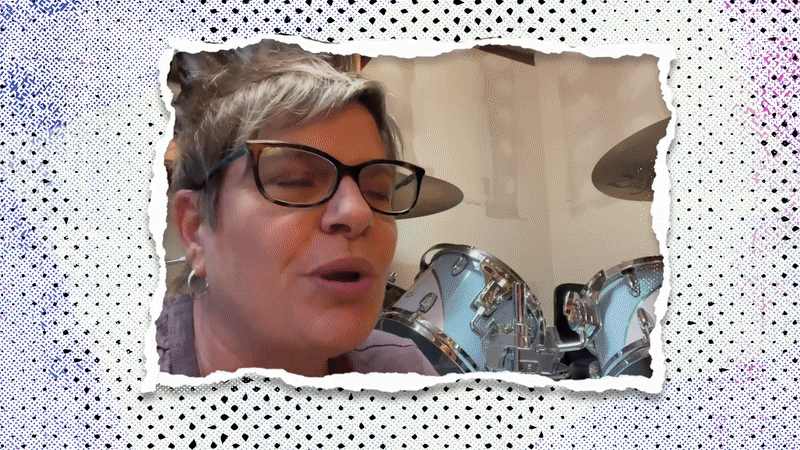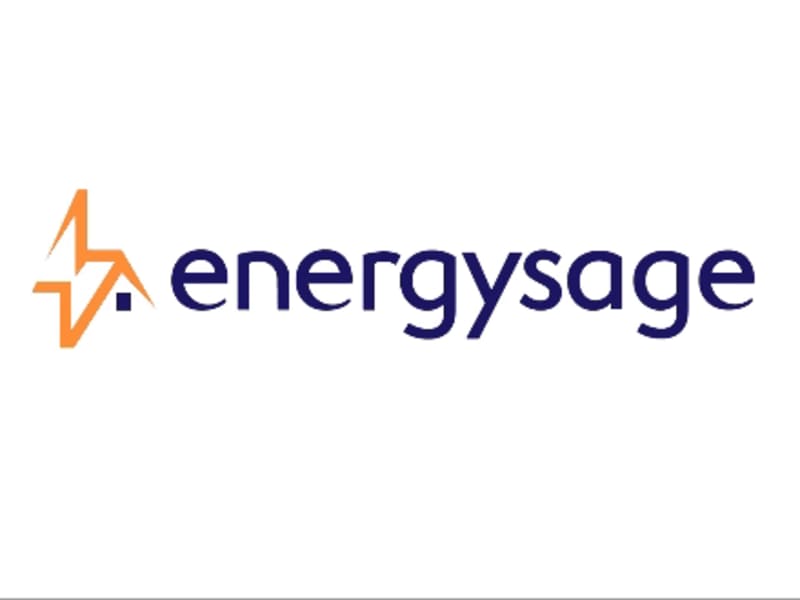What should I know about my project's audio requirements before hiring a freelance audio engineer?
Understanding the specific audio needs of your project is important. Think about whether you need music composition, sound effects, mixing, or mastering. Consider the style or genre of audio that suits your project. Having a clear idea will help you communicate better with potential freelancers.
How do I set clear goals and deliverables when hiring an audio engineer?
Define what you want to achieve with your audio project. This can include particular sounds or formats you need. Write down these goals and share them with the freelancer to ensure understanding. Make sure to include deadlines for each part of the project.
Why is it important to check a freelance audio engineer's previous work?
Reviewing past work helps ensure they have the skills you need. Look for samples or a portfolio relevant to your project. Seeing their style and quality will help you decide if they're the right fit. Ask them about past projects to know what they enjoyed working on.
How can I evaluate an audio engineer's technical skills effectively?
Listen to their previous work to judge audio quality. Look for clarity in sound and a good balance of elements. Ask them about the software and equipment they use. Knowing their gear can give you an idea of their expertise level.
What should I include in a project brief for a freelance audio engineer?
Your project brief should have all key details they need. This includes your preferred sound style and any references. Mention your deadlines and the project’s scope. Clear briefs help freelancers deliver work that meets your needs.
How can setting a timeline help in managing the project smoothly?
Timelines keep projects on track and are helpful for both parties. Include milestones for reviewing drafts and final submissions. Make sure the timeline is realistic and agreed upon by the freelancer. It helps both of you manage time effectively and avoid last-minute rushes.
What factors should I consider when deciding on the collaboration tools to use?
Choose tools that facilitate easy communication and file sharing. Think about whether you need real-time collaboration on sound edits. The tools should be familiar to both you and the freelancer. This ensures smoother project operations and minimal technical hiccups.
Why is it necessary to discuss the project’s creative direction with the audio engineer?
Discussing creative direction aligns both of your visions for the project. Share reference tracks or sounds you like. Describe the mood or theme you want to achieve with the audio. This helps the engineer create something that matches your expectations.
How can I ensure good communication throughout the audio project?
Choose a method for regular updates, such as emails or meetings. Set expectations for how often you want to communicate. Encourage the freelance engineer to share any concerns or questions. Open lines of communication help prevent misunderstandings.
How do feedback loops help improve the final audio product?
Feedback helps the freelancer make necessary adjustments. Plan for a few rounds of revisions where you can give detailed input. Constructive feedback guides them to fine-tune the audio. This collaboration leads to a more refined final product.
Who is Contra for?
Contra is designed for both freelancers (referred to as "independents") and clients. Freelancers can showcase their work, connect with clients, and manage projects commission-free. Clients can discover and hire top freelance talent for their projects.
What is the vision of Contra?
Contra aims to revolutionize the world of work by providing an all-in-one platform that empowers freelancers and clients to connect and collaborate seamlessly, eliminating traditional barriers and commission fees.
People also hire
Explore projects by Italian-speaking Audio Engineers on Contra
Top services from Italian-speaking Audio Engineers on Contra

Adobe Premiere Pro
Audio Engineer
Audio Editor
+4
I Will Elevate Your Projects with Expert Sound Design
$30/hr

Ableton Live
Composer
Audio Engineer
+4
I will create jingle and intro custom music for your videos
$150

Ableton Live
Audio Engineer
Audio Editor
+4
Elevate Your Sound:Professional Audio Editing at Your Fingertips
$25













































